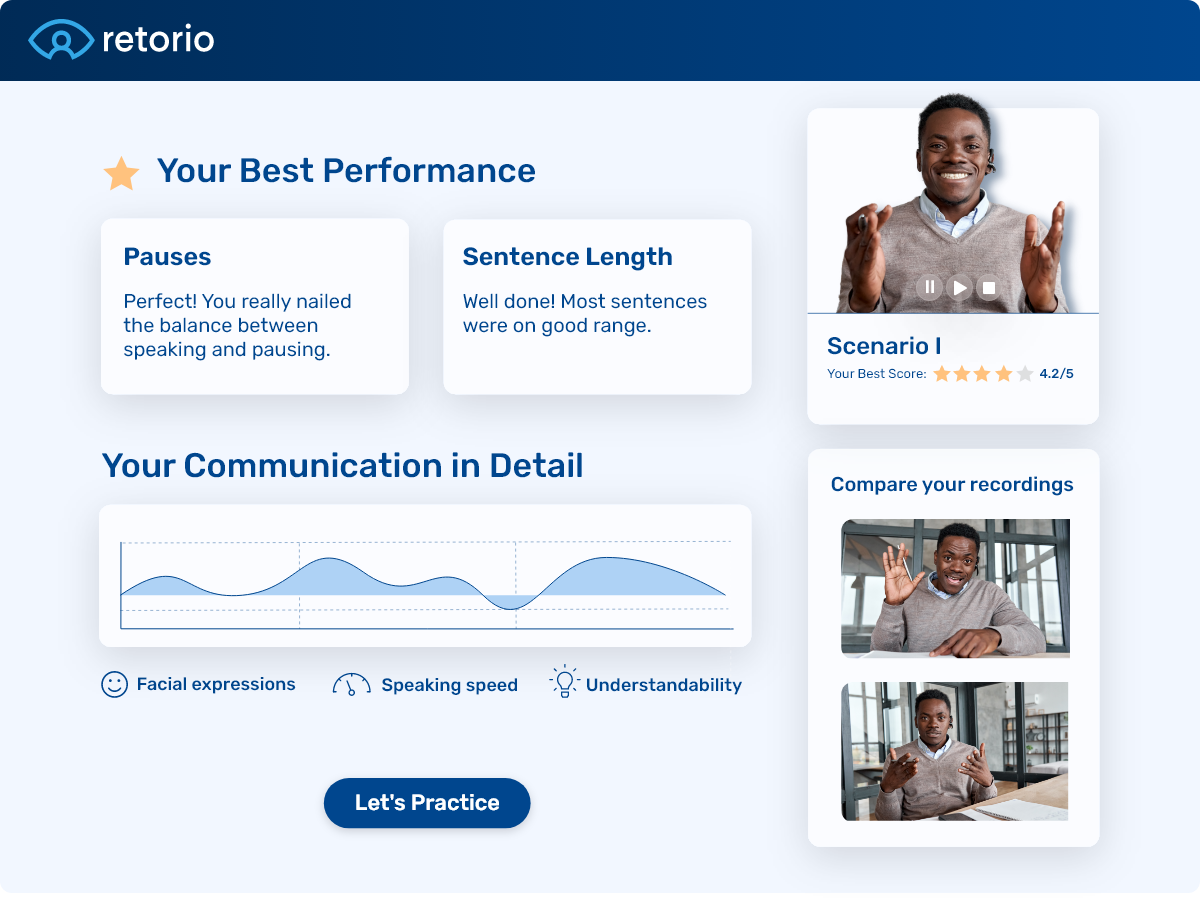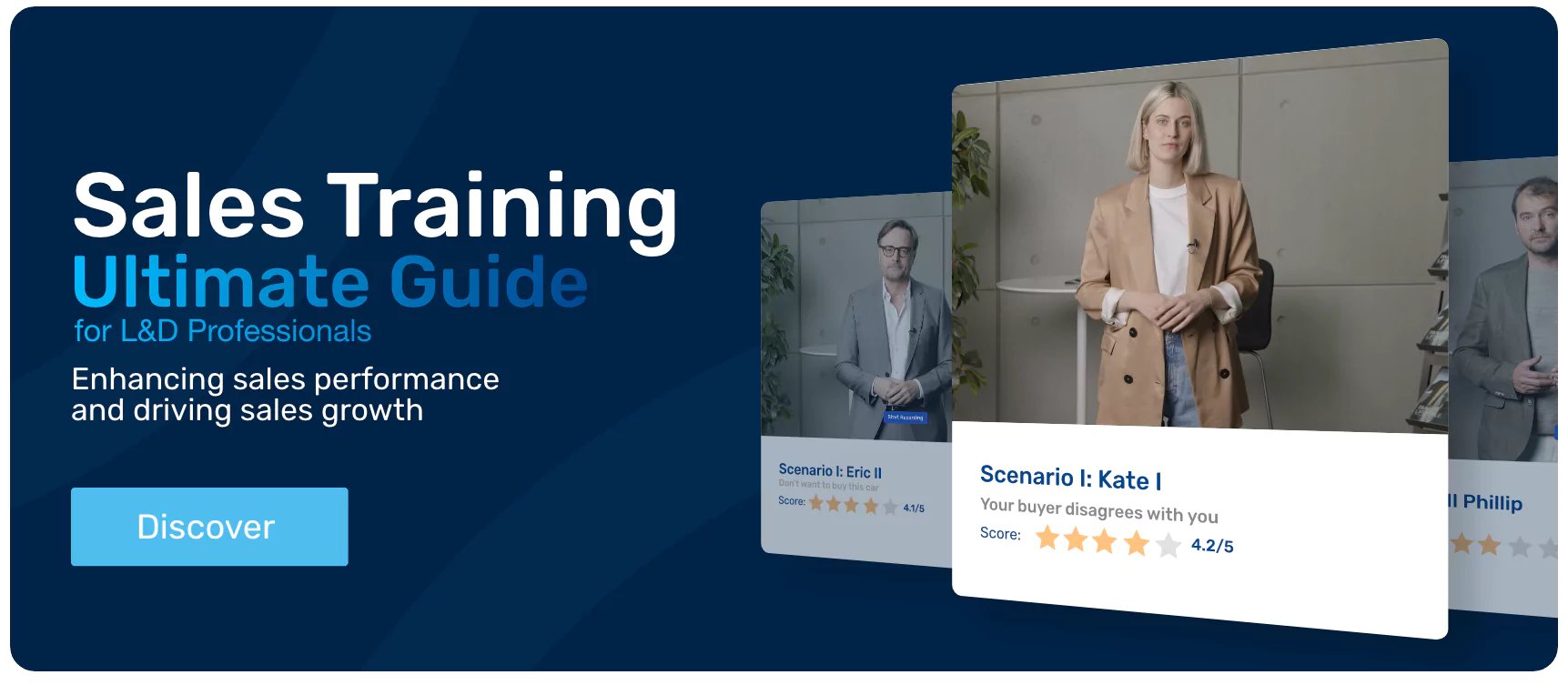The pharmaceutical sector employs approximately 63,000 people and generates a market value of around £21 billion, just in the UK.
And that isn’t forecasted to get any smaller.
Between 2018 and 2023, the UK pharmaceutical sector value is predicted to increase by 19.3% to £25 billion.
This growth isn’t just being witnessed in the UK - the Indian pharmaceutical sector’s growth rate has also been remarkable, ranking third in terms of the global volume of production, and first in the world in the production of generic medicines.
So what does the future hold for companies when faced with business pressures? One key aspect is the focus, on reskilling and upskilling as advancing training for medical sales.
Like any industry pharmaceutical companies are being compelled to carefully reconsider their long term choices and strategic development due to factors such as the Covid 19 pandemic ongoing digital transformations, geopolitical influences and inflation.
By integrating talent strategy into their operations strategy and investing in learning and development (L&D) practices pharmaceutical companies can ensure that they have the tools to compete in a future, with increasing demands.
What’s in this post?
- What is a medical sales training program?
- What does medical sales training help with?
- What's the key to medical sales training success
- How can medical sales reps train emotional intelligence?
What is a medical sales training program?
To fully harness the skills and potential of their workforce medical companies need to prioritize reskilling and upskilling initiatives. Similar, to industries pharmaceutical companies can enhance their sales performance. Drive revenue growth by investing in talent development strategies and providing training opportunities, for their sales representatives.

What does medical sales training help with?
-
Leading impactful client conversations
Having discussions, about sales with healthcare professionals (HCPs) can feel overwhelming for experienced sales representatives. There are times when the prospect takes control of the conversation putting the sales rep on the spot. It's understandable to feel intimidated as HCPs are confident individuals who value their time and expertise.
To navigate these high pressure conversations, with HCPs who exude a sense of urgency or may be hard to pin down in decision making medical sales training equips sales reps with the skills to stay on track and not get derailed.
- Keeping sales reps up to speed with new regulations
Due, to the rise in expenditure globally there has been an increased need for regulations within the pharmaceutical market. Various new rules have been implemented to control selling prices and quantities in the medical and pharmaceutical sales industry. These regulations include restrictions on pharmaceutical spending, prescription budgets, profit controls and more. Staying updated with these regulations is essential, for sales representatives working in the pharmaceutical field making periodic training a necessity.
Developing vital soft skillsThe global landscape is currently undergoing a transformation reshaping our work dynamics, interpersonal communication and even the way sales representatives manage client interactions. With the decline, in demand, for manual labor there is a rising need for individuals to possess expertise, social finesse and emotional intelligence. These called soft skills are not easily replicated by technology despite living in an era of machines revolutionizing the workforce.
Compassion, critical thinking, problem-solving, ability to deal with ambiguity, emotional intelligence, collaboration, and grit. These are all soft skills that have been recognized as essential for a society where skill shifts are accelerating. In fact, a Deloitte Access Economics Study predicts that two-thirds of all jobs in Australia will rely on soft skills by 2030.
Key Components of Effective Medical Sales Training Programs
1. Mastering Product Knowledge: Become a Trusted Medical Expert
- Clinical Applications: How the product functions in patient care, its therapeutic benefits, and real-world impact.
- Technical Specifications: The intricate details, features, and operations of advanced medical equipment.
- Competitive Analysis: How the product stacks up against competitors in terms of clinical data, features, and pricing.
✔ Hands-on product demonstrations and simulations
✔ Expert-led training sessions with clinicians
✔ Interactive learning modules and knowledge assessments
2. Selling to Healthcare Professionals: Specialized Techniques that Work
- Consultative Selling: Understanding doctors’ and hospitals’ needs and positioning solutions that improve patient outcomes.
- Value-Based Selling: Articulating both the clinical and financial benefits of medical products.
- Building Trust with Healthcare Providers: Establishing credibility with doctors, nurses, pharmacists, and hospital administrators.
- Navigating Complex Purchasing Systems: Understanding how Group Purchasing Organizations (GPOs) and Value Analysis Committees (VACs) influence buying decisions.
✔ Real-world role-playing scenarios with healthcare professionals
✔ Case study analysis of successful medical sales strategies
✔ Workshops on persuasive communication for medical audiences
✔ Coaching on long-term relationship management with key accounts
3. Regulatory Compliance & Ethical Selling: Navigating the Legal Landscape
- Regulatory Frameworks: FDA (or regional equivalent) regulations on product promotion, labeling, and adverse event reporting.
- Ethical Sales Practices: Compliance with anti-kickback statutes and laws preventing improper inducements.
- Patient Privacy Laws: Adhering to HIPAA (or equivalent) regulations to protect patient data.
- Industry Codes of Conduct: Following the AdvaMed Code of Ethics and other industry standards.
✔ Engaging case studies on ethical dilemmas in medical sales
✔ Interactive modules on legal frameworks and industry guidelines
✔ Regular updates on regulatory changes
✔ Certification programs to validate compliance knowledge
4. High-Impact Communication for Healthcare Professionals
- Active Listening & Needs Assessment: Understanding healthcare providers' challenges and tailoring solutions.
- Clear & Precise Medical Terminology: Speaking the language of medicine confidently.
- Presenting Clinical Data Effectively: Delivering complex scientific information in a compelling, digestible manner.
- Handling Tough Questions with Confidence: Responding to objections from well-informed professionals with poise and accuracy
✔ Presentation skills workshops with a focus on medical data
✔ Practice sessions for handling difficult questions from clinicians
✔ Training on non-verbal cues and relationship-building techniques
✔ Coaching and feedback on real-world sales interactions
Benefits of Medical Sales Training Programs
| Medical Sales Training Program | Description | Key Topics |
|---|---|---|
| Onboarding Programs | Comprehensive training for new medical sales representatives to quickly equip them with foundational knowledge and skills. |
- Company overview and culture
- Basic product knowledge and initial sales skills
- Introduction to industry regulations and compliance
- Sales process and internal systems training
- Initial field training and mentorship
|
| Continuous Learning Programs | Ongoing training to keep sales teams up-to-date on the constantly evolving medical field. |
- Regular product updates and new launch training
- Refresher courses on sales techniques and best practices
- Training on new regulatory guidelines and compliance updates
- Advanced skill development workshops (e.g., negotiation, presentation skills)
- Access to online learning resources and industry publications
|
| Leadership Development Programs | Training focused on developing future sales leaders within the organization. |
- Advanced sales management skills
- Strategic account management and key account planning
- Coaching and mentoring techniques
- Business acumen and strategic thinking
- Leadership principles and team motivation
|
What's the key to medical sales training success?
“Everyone knows that a high IQ is no guarantee of success, happiness, or virtue, but until Emotional Intelligence, we could only guess why” - Daniel Goleman, the science journalist who introduced the idea of emotional intelligence in the 1960s.
What is the secret, to achieving success in medical sales training? What specific skill is crucial for sales representatives to excel in this field?
Establishing a connection with customers emotions often involves intuition than science. However fortunately in todays world organizations can leverage data analytics and other data driven insights to identify intelligence as the key driver for growth and successful client interactions.
Emotional intelligence (also referred to as quotient or EQ) essentially refers to how individuals are able to recognize, understand and manage their own emotions. Numerous studies conducted since the 1960s have consistently shown a correlation between levels of emotional intelligence and personal as well as professional achievements.
This is why medical sales training that focuses on nurturing intelligence has become increasingly vital, for medical and pharmaceutical sales representatives who continually face myriad complex decisions amidst high pressure situations.
How can medical sales reps train emotional intelligence?
The advent of big data analytics has brought clarity into what the success factors are when it comes to successful medical sales training. But what is the best way to train these skills, so they become the source of real competitive advantage and growth?

Investing in robust medical sales training programs is not merely an expense; it's a strategic investment in the future success of your medical sales organization.
By focusing on key components, embracing innovative approaches like AI, and continuously adapting to the evolving medical landscape, you can build a high-performing, compliant, and ethically driven medical sales force that excels in this critical industry. Start empowering your team with the best medical sales training programs today!






